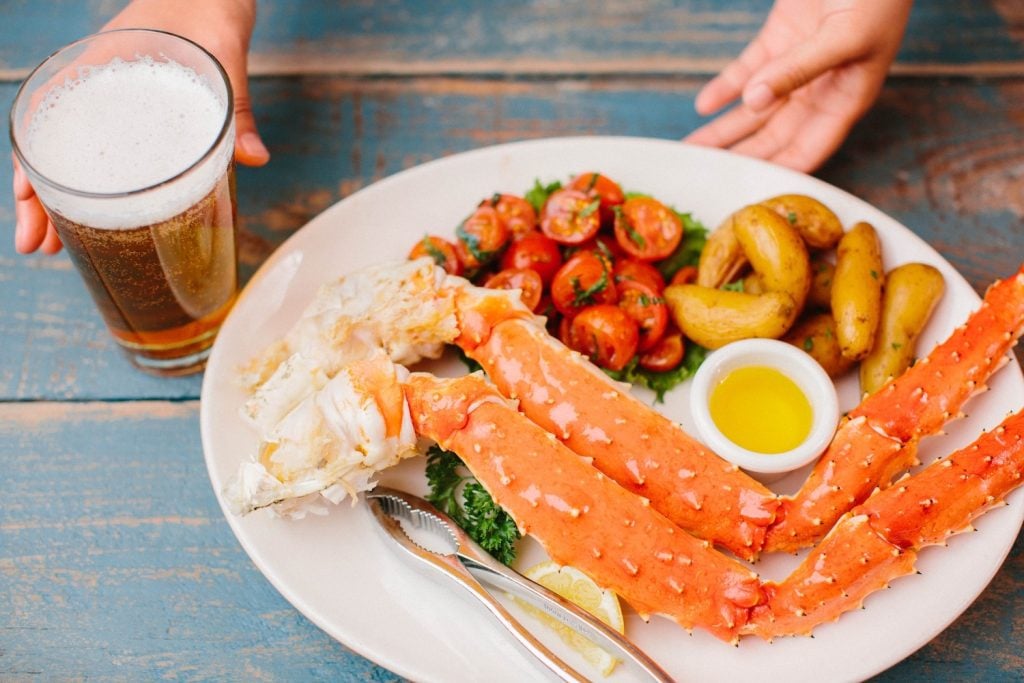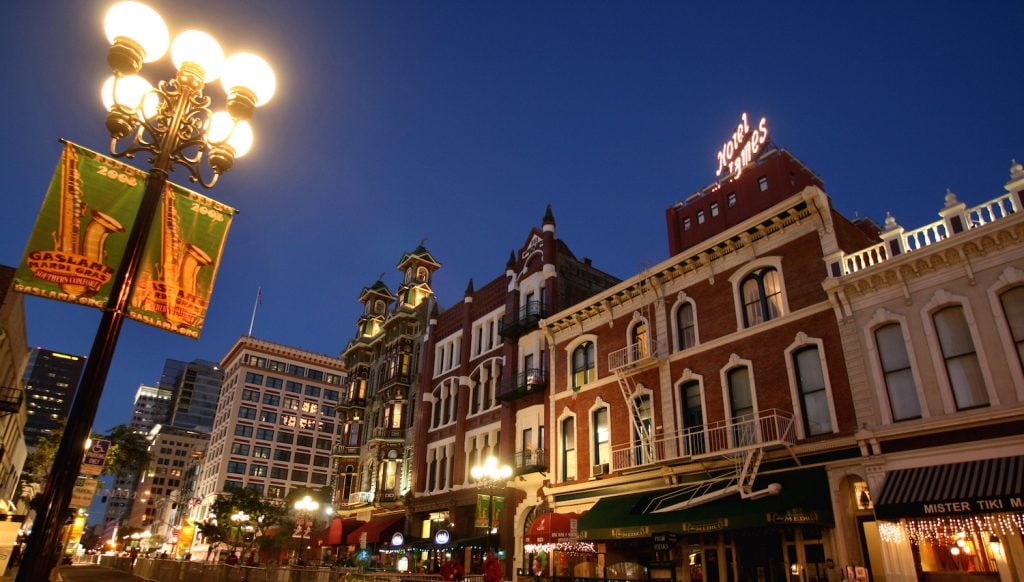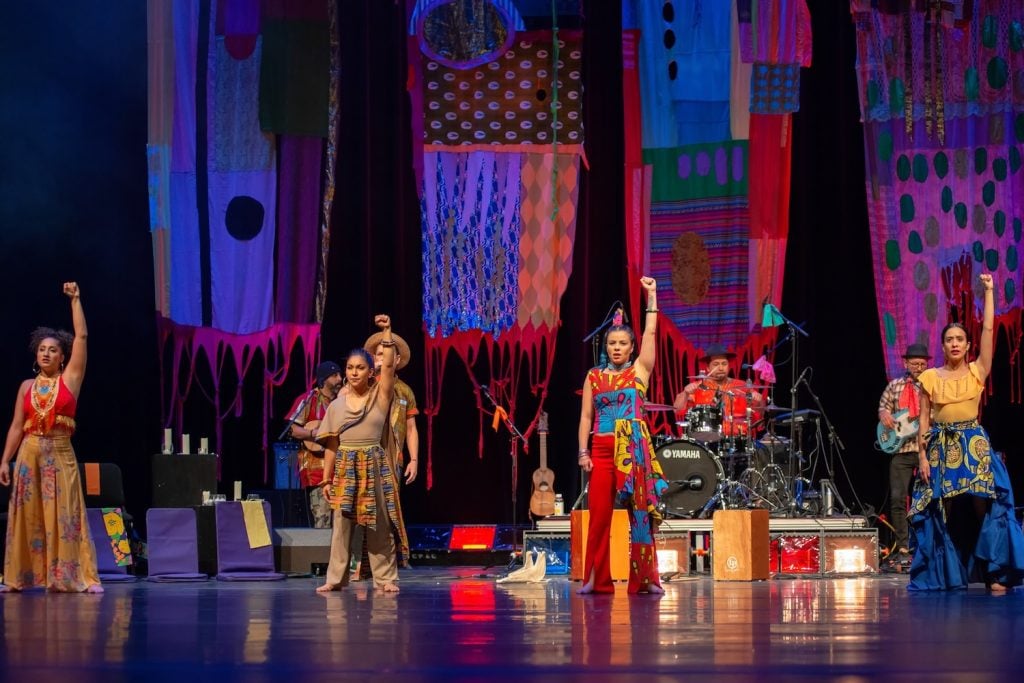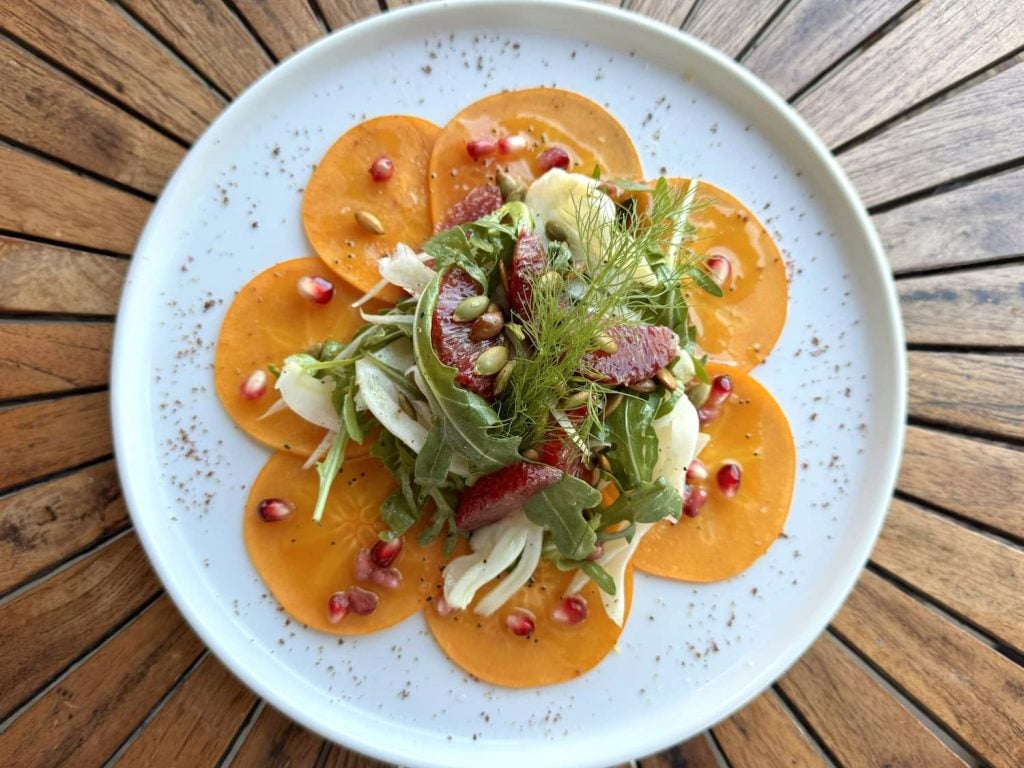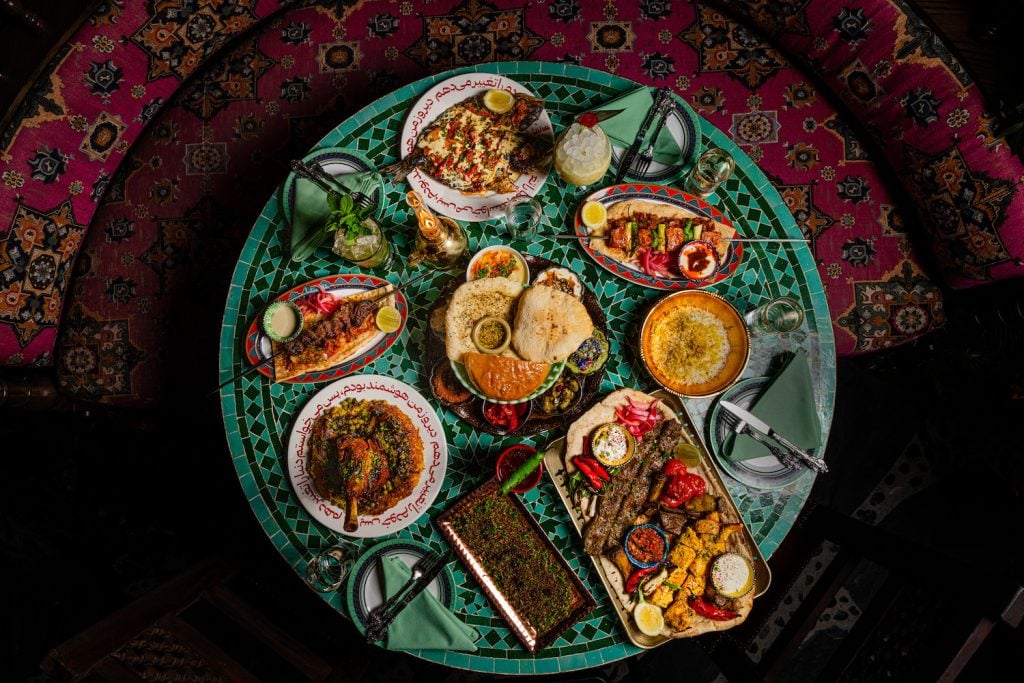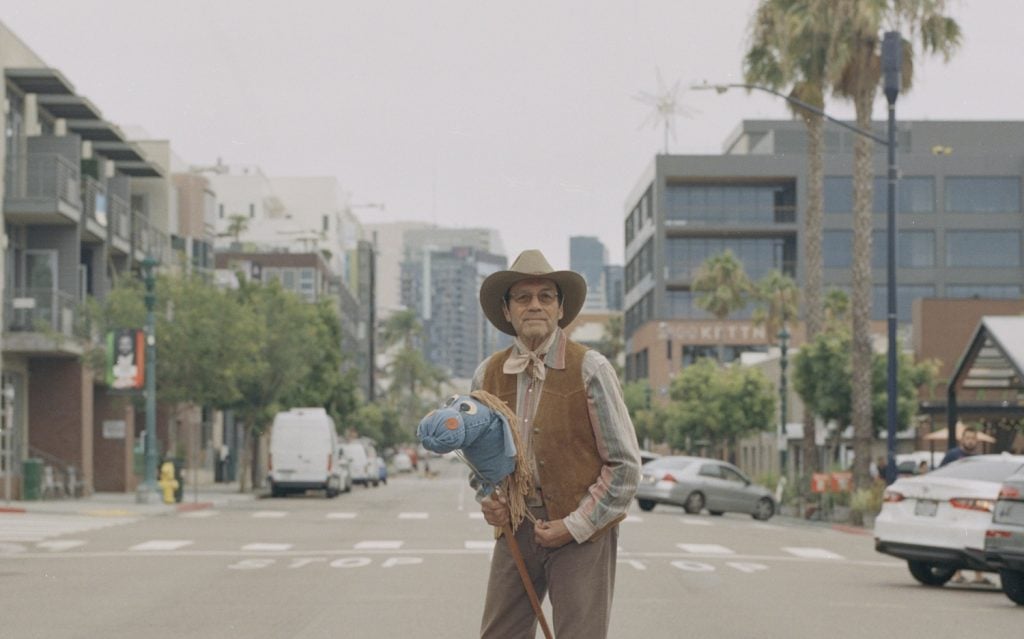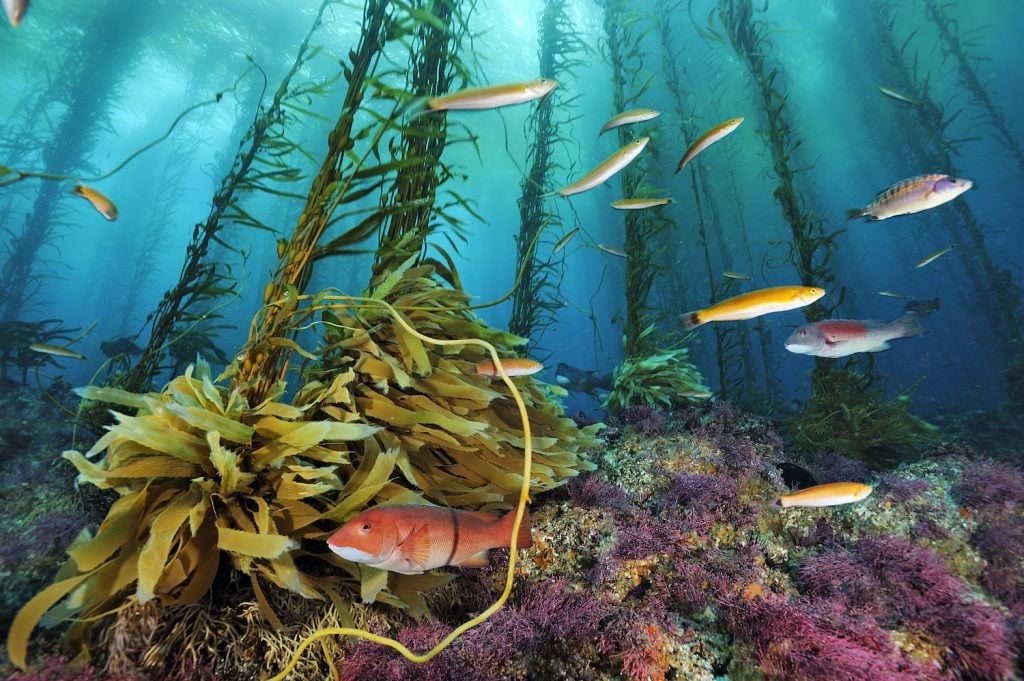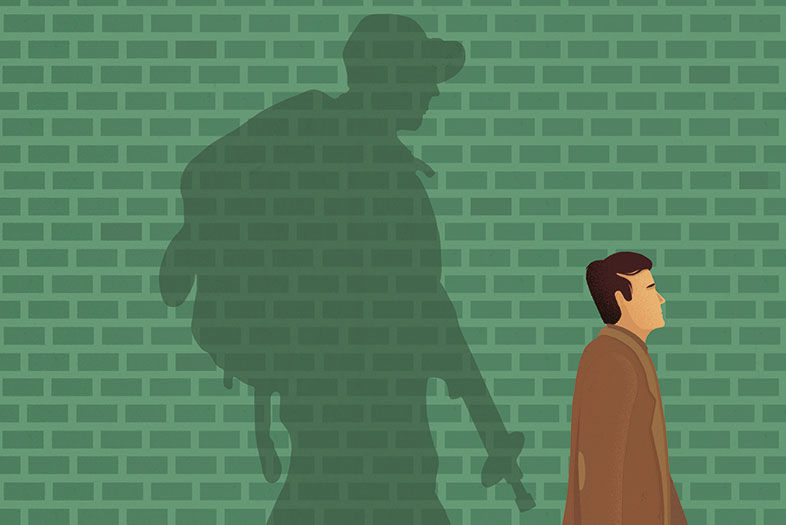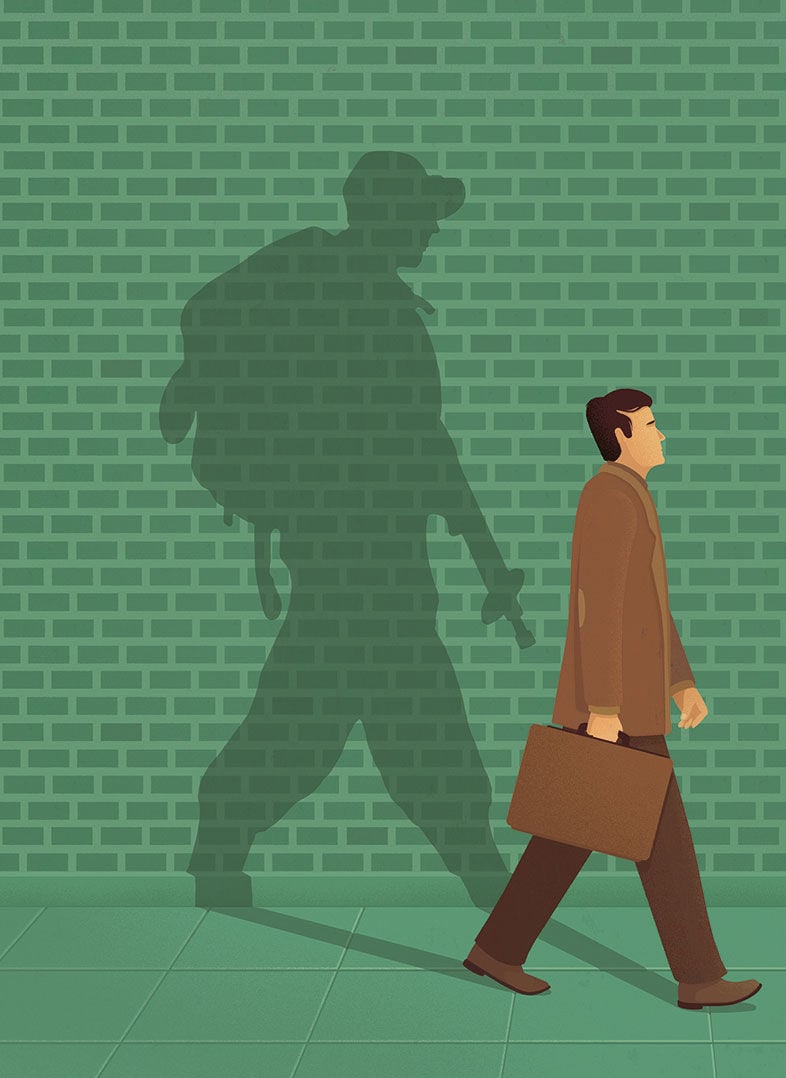
Why Our Veterans Keep Quiet About Their Service
Illustration by Stephan Schmitz
“GI” Wilson is an unassuming and soft-spoken man who enjoys every minute he spends in the classroom with his students at Palomar College. An adjunct professor in the school’s Administration of Justice Department, Wilson is described by his devoted pupils as a tremendous teacher who makes them laugh and encourages them to challenge conventional wisdom.
As popular as he is in the classroom, Wilson says most of his students don’t know that he’s a combat veteran of some of the most hellish battles in recent American history, from Somalia to Fallujah, Iraq.
Wilson, now a retired colonel in the U.S. Marine Corps, is one of approximately 240,000 veterans living in San Diego County, one of the highest concentrations in the United States.
“I own a shirt I love to sport that says, ‘I am no hero, but I’ve walked beside a few,’” he says, adding that on each Veterans Day, he thinks of all those in his family line who served, stretching back to the Revolutionary War. “My father, my grandfather, my uncle, and my mother all served. I suspect the majority of vets in San Diego County remember well their fellow vets and family, both living and dead, who served.”
As Veterans Day approaches on November 11, San Diegans should consider the fact that, more often than not, these men and women avoid calling attention to themselves or their military accomplishments.
“I’m sure my classroom would be surprised to find out I’m a veteran and a colonel,” Wilson says. “I teach them to question the status quo, which some would say is not very ‘military.’”
Bill Rider, a friend of Wilson’s and fellow marine who fought in some of Vietnam’s bloodiest battles, says Wilson “doesn’t brag. That’s not the Marine way.”
Rider is chairman and cofounder of American Combat Veterans of War (ACVOW), which assists veterans who suffer from post-traumatic stress disorder, substance abuse, and other issues. He and Wilson volunteer weekly at Vista Detention Facility’s Veterans Module, meeting with inmates to help them get back on track.
“GI’s a hero who gives so much back to the community,” Rider says. “But like most of us, he’s not looking for recognition.”
Gene James, who served for 20 years in the Army’s Military Police Corps and then worked as an executive for 24 years in the security divisions of such corporations as Jack in the Box and KFC, says there were many times during his ascent in the private sector when he was reluctant to mention his service.
“There’s a perception in the corporate world that military people are rough, autocratic, and myopic, and it’s hard to convince people otherwise,” says James, who now runs his own security company and is first vice chair for the USO in San Diego.
“But I’ve met managers who don’t feel that way, and converted managers who did feel that way.”
Crystal Little, director of budget and finance at San Diego State University, says that the seven years she spent in the Marines don’t come up often in the workplace. “It was a positive experience and I am proud of my service,” she acknowledges. “But I’m not looking for recognition. I don’t put it in everybody’s face.”
Little, who is also faculty advisor to the Student Veteran Organization at SDSU, doesn’t strike a particularly intimidating pose at 5-foot-3. She says that when her coworkers learn she is a marine, they’re caught off guard.
“They don’t expect it. Most people expect marines to be big, strong, tough. And we may be when the situation warrants it. But for the most part we’re just like everybody else.”
David Brahms, a decorated combat veteran and retired brigadier general who graduated from Harvard Law School in 1962 before joining the military, is a nationally respected attorney specializing in military law.Reluctant even to comment for this story, Brahms says there are several reasons why veterans generally don’t like to talk about themselves.
“For those who’ve been in extreme combat, talking about it brings it back, and that’s difficult,” he says, adding that there is also a “degree of happenstance” to military heroism.
“It isn’t like the Olympics, where you make the decision to bust your ass for 10 years and compete. You may have prepared to do your job well, but this isn’t something you sought out and said, ‘By God, I’m gonna get my medal.’ It’s more like ‘Holy shit, they’re shooting at me.’ You respond, you do it well, then you move on.”

